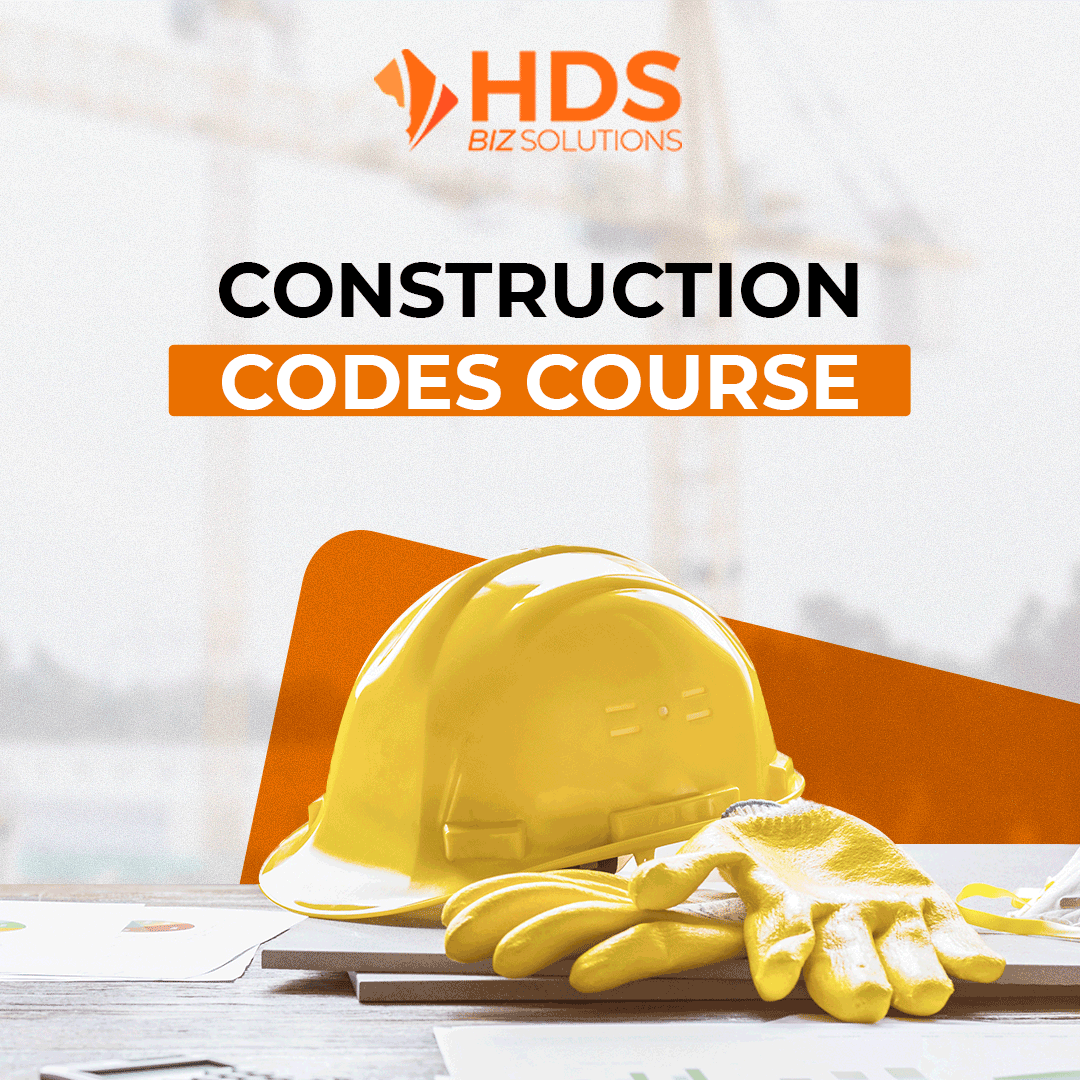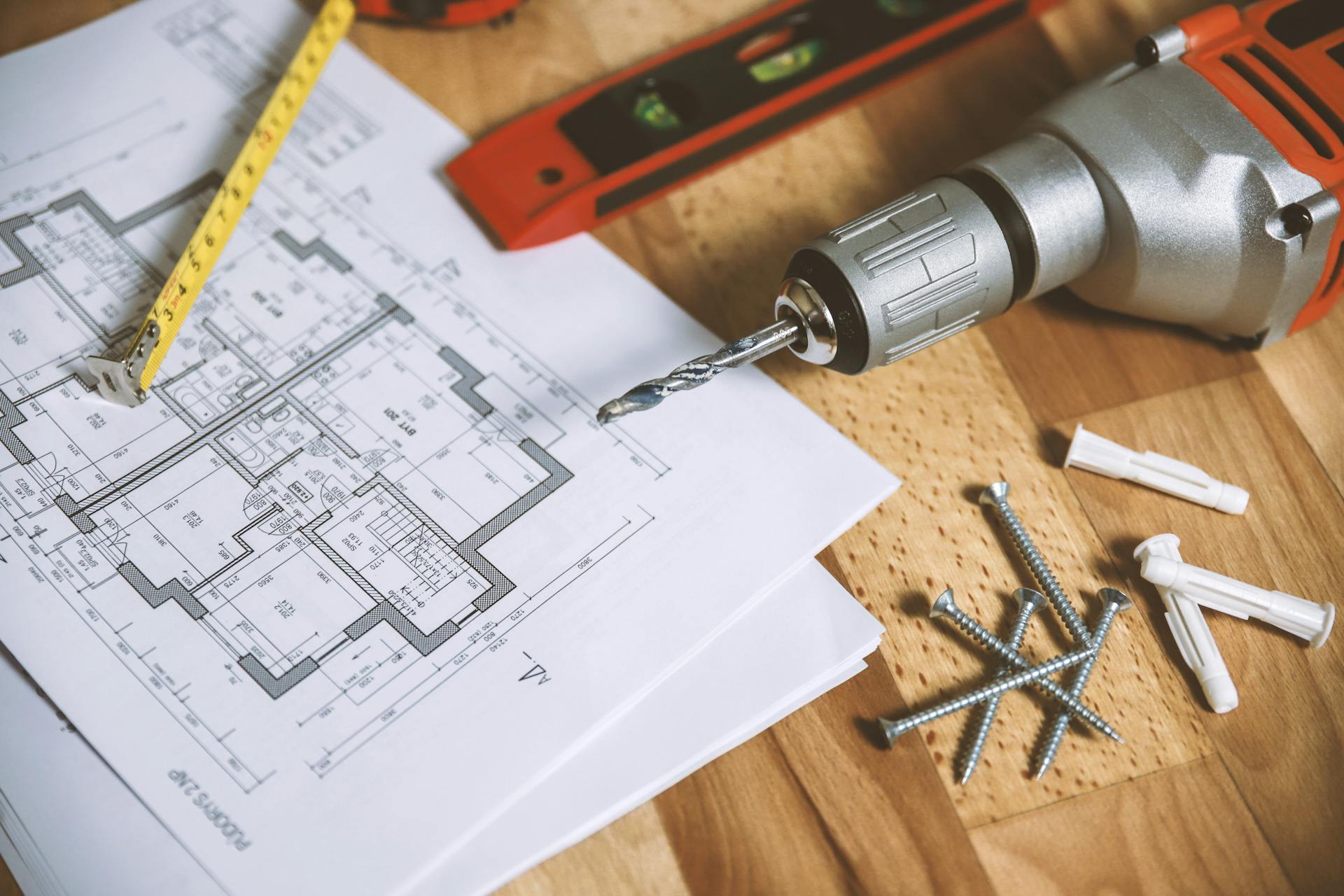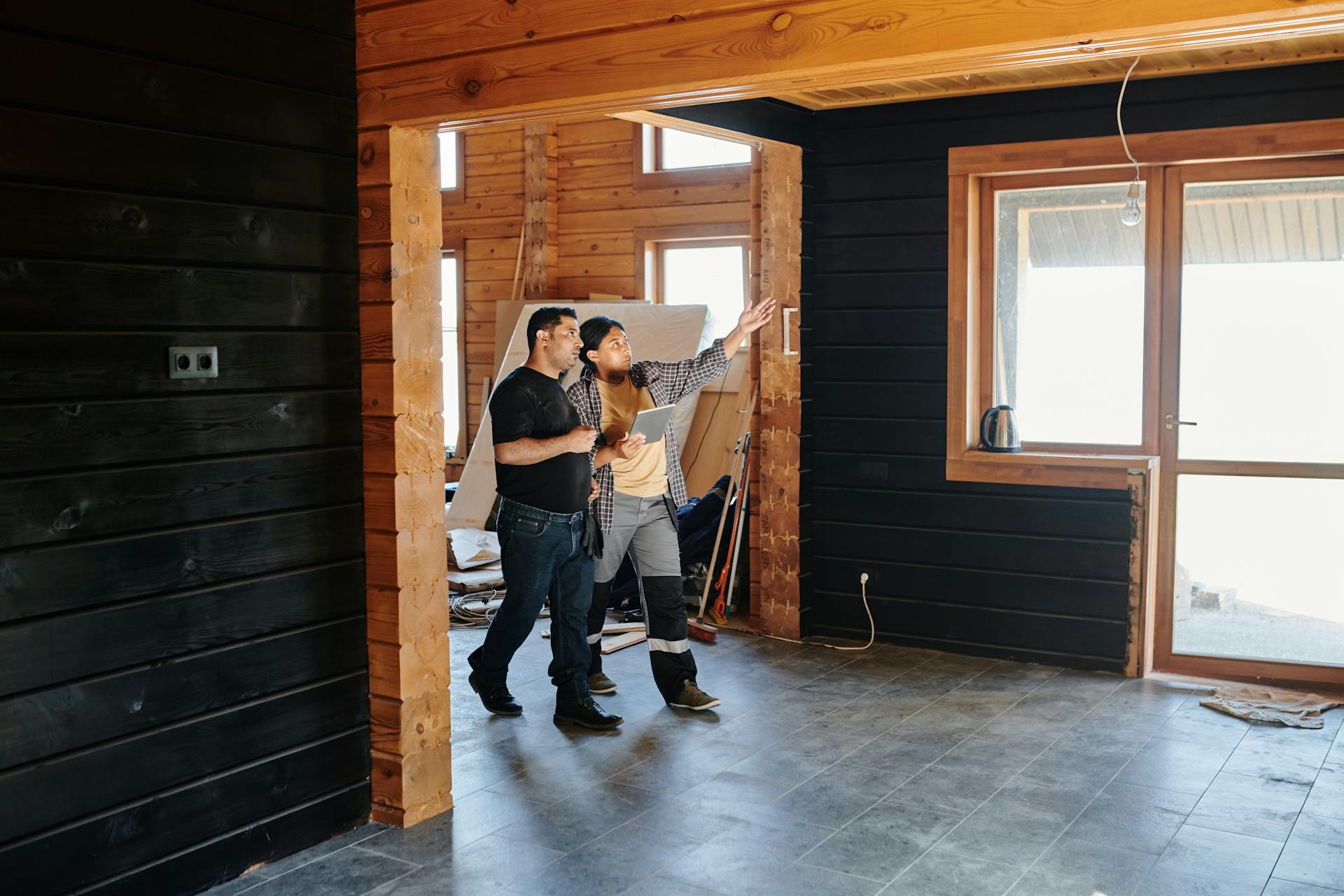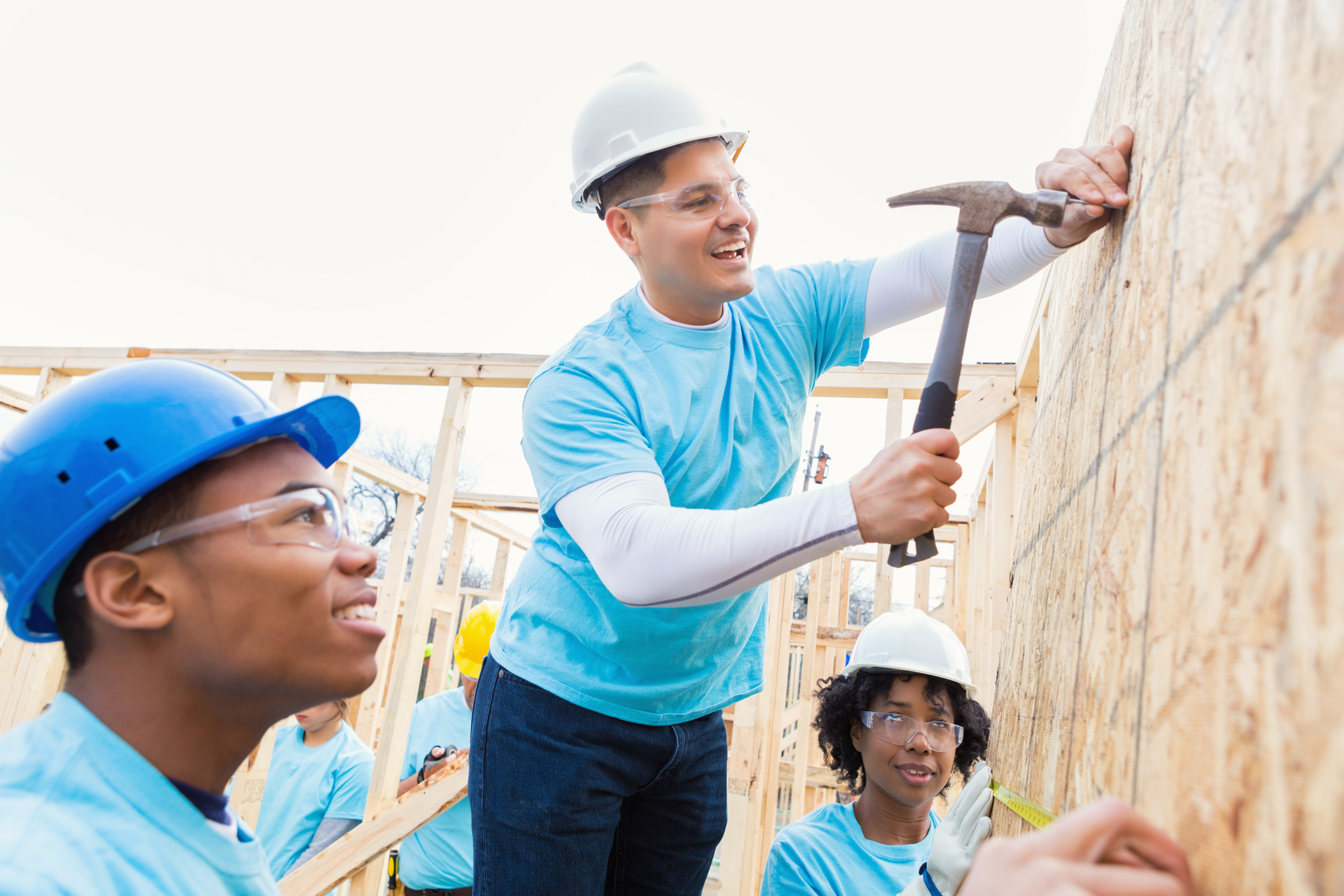- Duration: 2 sessions
- Time: 6 hours per session
- Subject: Construction codes
- Language: Spanish
- Platform: In person
Contents
- The Building Code: Description and Limitations
- Legal Aspects: Permits and Inspections
- Land Development
- Structural Aspects
- Finishes & Environmental Protection
- Health & Safety
- Systems
- Energy Conservation
Contents
Residential construction is based on conventional practices recognized by the International Building Code, resulting from many years of experience. This course provides knowledge organized according to the construction process, from site preparation and foundations to safety, health and energy efficiency aspects, for those involved in the design, construction or inspection of residential buildings.
Building codes are a set of regulations that govern the construction, alteration, maintenance and use of buildings and structures to ensure an adequate level of safety and property protection. You will learn about construction work that requires permits, how to handle inspections, and how to ensure that work complies with state codes.
Broadly speaking, building codes include regulations for the construction, maintenance, and use of buildings. They cover structural aspects, weather protection, fire protection, safety, energy conservation, and heating, cooling, plumbing, and electrical systems to ensure the safety and well-being of occupants.
A key component is the International Residence Code (IRC), which applies to single-family homes and townhouses up to three stories. The constant evolution of materials and construction methods necessitates periodic revisions to the codes, with changes based on rigorous evaluation by a panel of experts that includes builders, engineers, contractors, and architects.
The course covers aspects of the International Residential Code, including foundations, structures, finishes, safety, fire protection, plumbing, electrical, air conditioning, and energy conservation and environmental protection provisions. Strategies for municipal inspections will be discussed and workshops on understanding and applying the code to construction practice will be provided.












